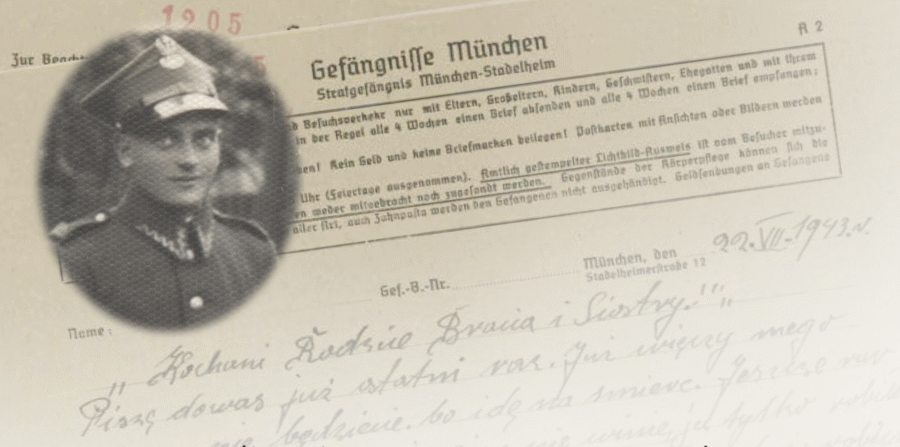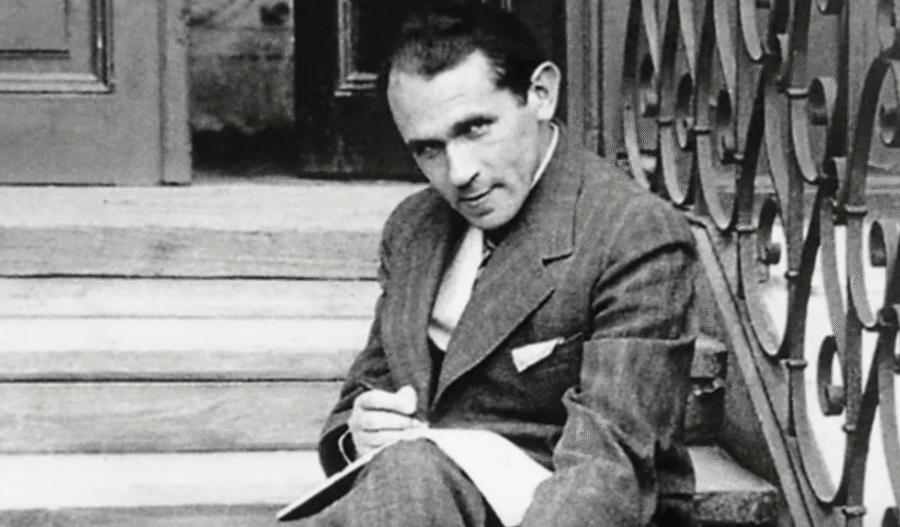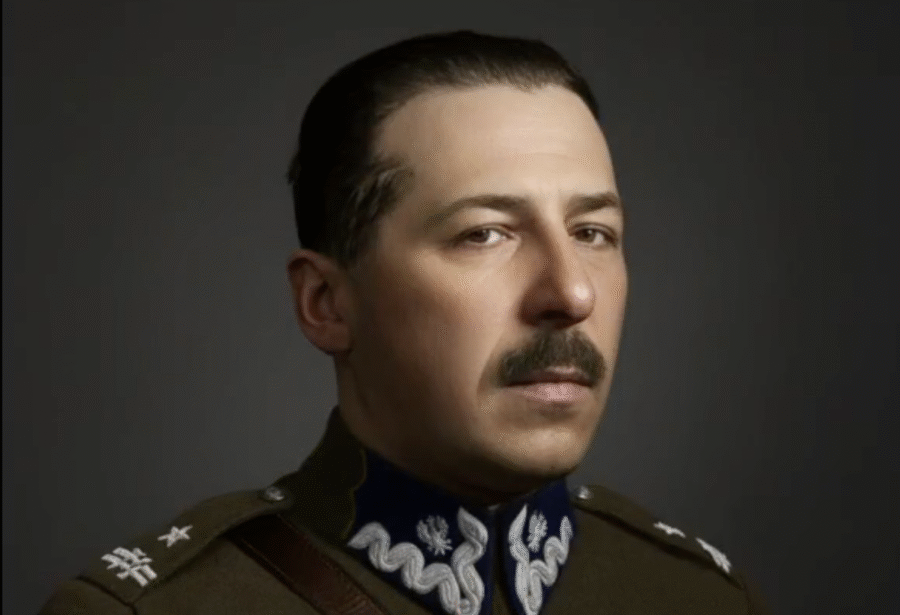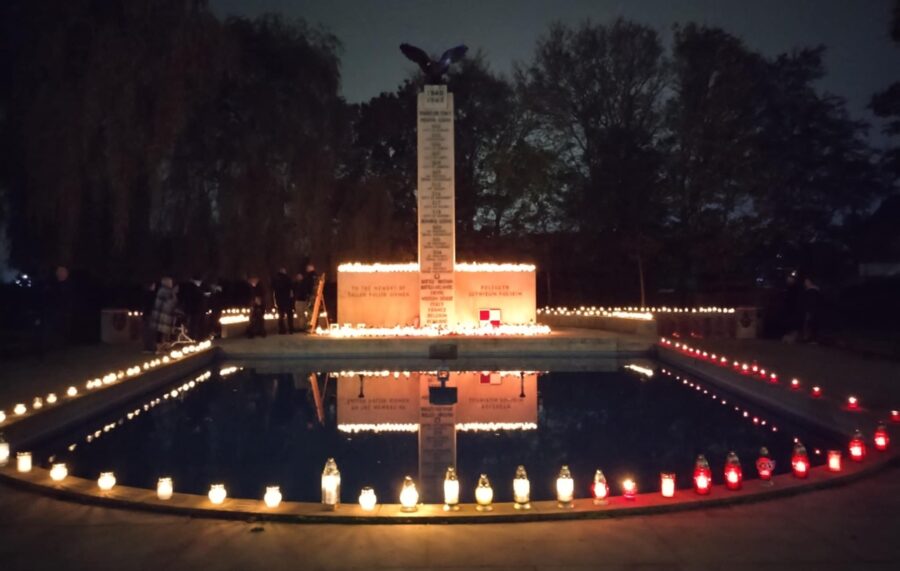Eight decades after his execution in a Munich prison, the final words of a young Polish man have at last reached his family. The relatives of Józef Jankowiak who was executed by the German authorities in 1943, were handed his farewell letter during a moving ceremony in the public library of his home village, Pępowo.
The letter, written just two hours before Jankowiak was beheaded in Stadelheim Prison, had never reached his family. Instead, it remained hidden in archives until researchers from the Arolsen Archives, the International Centre on Nazi Persecution, tracked down his surviving relatives. This marks the first time in Poland that such a letter has been formally returned to a victim’s family.
Jankowiak, born in Pępowo, was deported to Germany in 1940 as a forced labourer on a Bavarian farm. There, he fell in love with a young German woman named Hedwig. According to Arolsen Archives researcher Małgorzata Przybyła, his feelings were expressed only in “innocent attempts” by trying to kiss her or persuade her to be with him.
Yet under the German Nazi racial laws, intimate relations between Germans and Poles were strictly forbidden. In January 1943, Jankowiak was arrested. A special court in Munich sentenced him to death on fabricated charges of rape. On 22 July 1943, aged 29, he was executed by guillotine.
The farewell note he wrote on the day of his death was censored and withheld.
“One word suggesting that someone was dying innocent was enough for the Nazis to block a letter,” Przybyła explained. “It was part of the dehumanisation of prisoners, their last words were treated as worthless.”
In his letter, Jankowiak addressed his parents and siblings:
“Dearest parents, brothers and sisters, I write to you for the last time. There will be no more of my writing, for I go to my death. At this hour I am calm. Our Lord Jesus also died innocently, just as I now die innocent. May God forgive and bless those who wronged me.”
He asked for prayers and for a mass to be said in his memory. On Wednesday, his family confirmed that a mass has already been arranged.
Two of his nieces, Halina Turkan and Krystyna Szczepaniak, received the letter on behalf of the family. Both admitted that after so many years, the truth was both shocking and deeply moving.
“We always hoped to learn more,” said Turkan. “Now, after 82 years, we know what happened, and we have his last words. We only regret that our parents did not live to see this day.”
Volunteer researcher Maciej Gaszek, who located the family, described meeting them as an emotional challenge. “Mrs Szczepaniak only knew her uncle had died while working in Germany and that there was an unhappy love story. Today, for the first time, the family heard all the details written by his own hand.”
The Arolsen Archives, based in Germany but overseen by an international commission of eleven countries, including Poland, hold the world’s largest collection of records on German Nazi persecution covering 17.5 million individuals. Its ongoing project seeks to return censored or unsent farewell letters from Stadelheim to the families of those executed there.
Source: PAP
Tomasz Modrzejewski
Photo: Facebook Gmina Popowo








